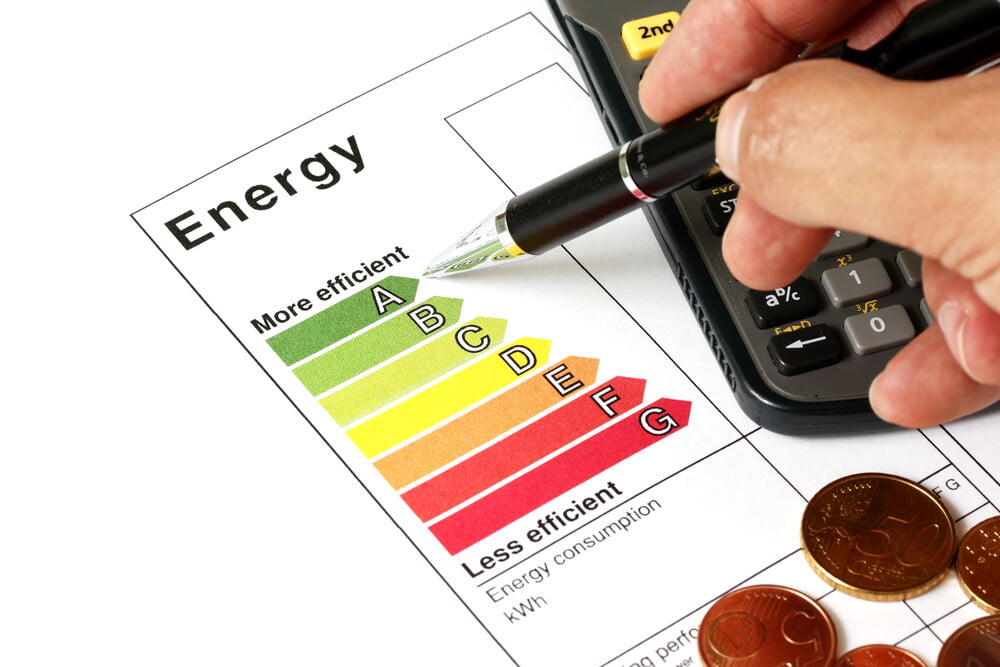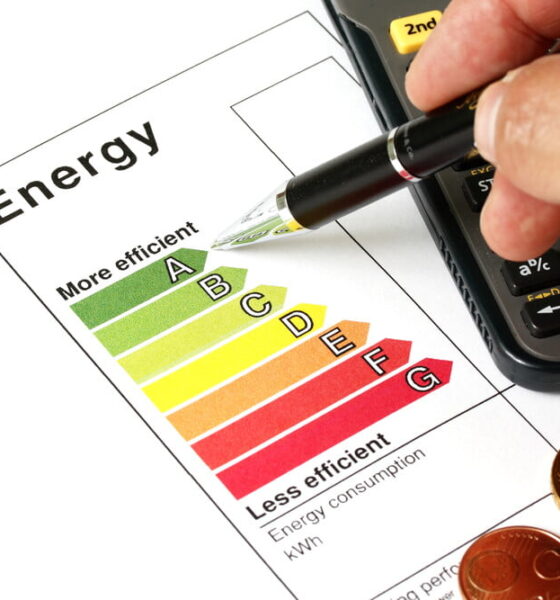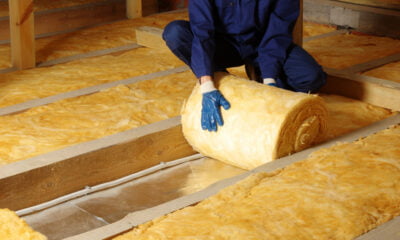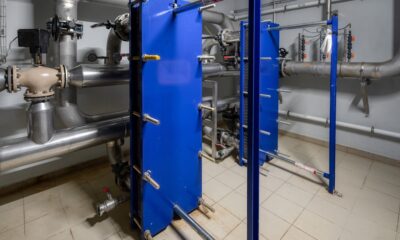

Editors Choice
5 Ways An Energy Audit Benefits You And Improves Quality Of Life
Conducting a building energy audit can be a terrific way to begin lowering utility costs substantially. By assessing a home’s key elements (e.g. building envelope, chimneys, attic space, crawlspaces and combustion equipment) and how all of these things work together, an energy audit explains how valuable resources are being utilized.
The reason why these assessments help lower utility costs is that they help identify often hard-to-see air leaks and heat transfer issues that can be remedied in a cost-effective way.

Thermal imaging is a quick, non-intrusive way to detect air leaks and energy loss in your home.
There are additional benefits to conducting a thorough energy audit, and they’re summarized in the following sections.
1. Increased comfort
Efficient use of energy is part and parcel of overall ambient comfort. Making improvements to your building envelope and ensuring that all air leaks are sealed are just a few key steps that make a real difference.

A newly renovated bathroom with a window on the exterior wall.

A thermal imaging scan revealed heat loss through the exterior bathroom wall due to missing insulation.
Adding insulation, using window films, and installing shades and radiant barriers can be a wonderful way to increase comfort and lower costs. These initiatives help make certain that energy is spread evenly and effectively throughout the structure, eliminating drafts and rooms that are simply too warm for comfort.
2. Healthier indoor air quality
Problems with the quality of indoor air supply can lead to issues with asthma, allergies and other chronic health conditions. From mold spores and pet dander to asbestos fibres and tobacco smoke, reduced air quality indoors can really jeopardize the health of all building occupants.
A comprehensive energy audit is one in which scientists can assess the ventilation function in the home and identify ways in which the volume of fresh air can be increased. Your entire family is certain to benefit from the inevitable reduction of airborne contaminants.
Also, according to Mold Busters: “Air quality testing services are the fastest and most accurate way of finding out if you’re breathing in on a regular basis is clean, safe and free of air pollutants.”
3. Improved safety and health
Health and safety concerns are undoubtedly intertwined with indoor air quality. It may be that your combustion system is backdrafting. You may have elevated levels of radon in the home. Carbon monoxide may actually be infiltrating your living spaces through cracks in the garage walls.
Skilled energy auditors can discover these problems and take corrective action to improve your home’s overall level of safety. Additionally, these audits can find mold and moisture problems, which often lead to major structural and health issues related to mold exposure.
4. Stronger and more efficient building envelopes
By using a “whole-house” approach to energy audits, it is possible to enhance the durability and longevity of any building. Poorly built structures tend to develop serious energy leaks, which are not just unsafe but also quite costly.

Compromised building envelope, resulting in energy loss.
By addressing moisture problems, improving ventilation and sealing cracks and gaps in the building envelope, you can actually boost the lifespan and durability of a property. A complete energy audit is the first stage of this all-important process.
5. Increased property values
With ever-rising energy costs, concerns about climate change and volatile energy markets, it should come as no surprise that energy efficiency is a topic of great interest to many homeowners.
As a result, homes that have received energy-efficiency improvements are in great demand in a housing market that has been shaky in recent years. By investing now in improvements of this type, you almost certainly stand to benefit from higher values when it comes time to sell.
Conclusion
These tips should cement in your mind the value of an energy audit for your home. As a result, you’ll ed up with a more functional and healthier home.


 Environment12 months ago
Environment12 months agoAre Polymer Banknotes: an Eco-Friendly Trend or a Groundswell?

 Features11 months ago
Features11 months agoEco-Friendly Cryptocurrencies: Sustainable Investment Choices

 Features12 months ago
Features12 months agoEco-Friendly Crypto Traders Must Find the Right Exchange

 Energy11 months ago
Energy11 months agoThe Growing Role of Solar Panels in Ireland’s Energy Future




























